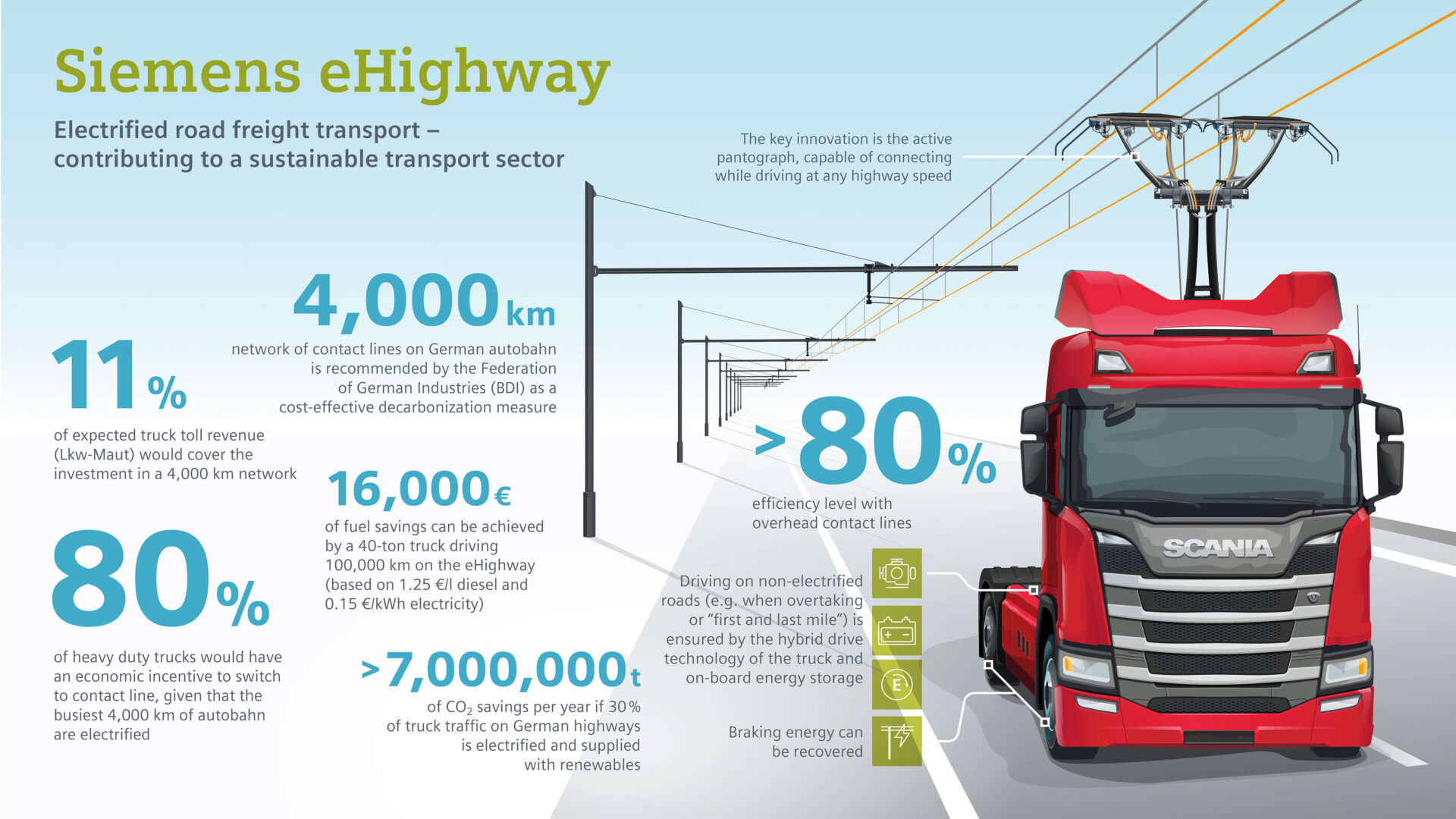- Joined
- Oct 5, 2019
- Messages
- 2,491
- Reaction score
- 2,380
I would disagree. If governments can legislate for car designs to be made to include headlights, taillights, turn signals, seat belts, speedometers, safety glass, airbags, catalytic converters, less polluting engines, and reduce injury when they hit a pedestrian, then they can legislate that batteries should be of a certain size, weight and easily removed for swapping out.
I agree it's unlikely - as I said above, imposing yet more design constraints such as modular batteries will add weight and reduce efficiency of cars, and it's debatable whether "society" gains from imposing that constraint. If there's a real economic benefit, then the market will hopefully figure it out without being pushed.
Going back on topic to trucks, a German journalist has tested a Volvo FH Electric and reckons it has a range of 345km at a gross combination weight of 40 tonnes, on a test route designed to simulate typical use. Due to enter production later this year with a 540 kWh battery and 490 kW output power for an energy consumption of 1.1kWh per km, half the energy consumption of an equivalent diesel. Volvo Trucks are aiming to have half their sales in electrics by 2030.
https://www.ukhaulier.co.uk/news/ro...t-excels-in-both-range-and-energy-efficiency/










































